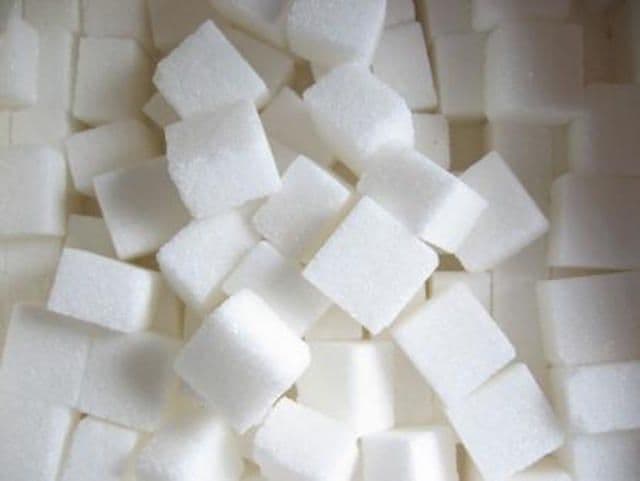Are Artificial Sweeteners Safe During Pregnancy?
Food and Nutrition
Obie Editorial Team

Navigating dietary choices can be a critical part of maintaining a healthy pregnancy. If artificial sweeteners are a part of your diet, it’s important to have a discussion with your healthcare provider. This proactive approach will empower you to make educated decisions about which sweeteners and how much of them you can safely use.
Artificial sweeteners enhance the flavor profile of our foods without the high caloric intake. They are often divided into two categories: nutritive (caloric) and non-nutritive (non-caloric) sweeteners. Nutritive options often add “empty” calories without nutritious benefits. For most individuals, moderate consumption is safe, but conditions like gestational diabetes necessitate stricter monitoring. Examples of nutritive sweeteners include sucrose, dextrose, honey, and various sugar alcohols.
Understanding Artificial Sweeteners
Aside from potential direct health impacts of specific sweeteners, a bigger picture issue comes into play: nutrient intake. Pregnant women who consume large amounts of artificially sweetened foods or drinks might miss out on essential nutrients from more wholesome options like water, milk, and juices, which are vital for a developing baby.
Non-nutritive sweeteners, though used in smaller quantities, provide significant sweetness with fewer calories and are typically the focus for those looking to manage weight during pregnancy.
Aspartame (commonly found in NutraSweet, Equal, and many diet soft drinks) is generally considered safe when consumed in moderation. However, it's crucial to be super aware of certain conditions like Phenylketonuria (PKU). This genetic disease affects the body's ability to break down phenylalanine, one of aspartame’s components. Without proper management, this could lead to developmental issues for the baby. Research, such as the 1985 report from the American Academy of Pediatrics, indicates that for those without PKU, current levels of aspartame consumption do not pose a risk to fetal development.
Saccharin, a less commonly used artificial sweetener, brings some controversy. While it has not been directly linked to birth defects, historical research has shown potential risks, such as increased bladder cancer in animal studies and slower clearance from fetal tissue. This leads some physicians to advise against saccharin during pregnancy. Nevertheless, if you’ve used it unknowingly during early pregnancy, the risks from small amounts are minimal.
Safe Artificial Sweeteners During Pregnancy
- Acesulfame Potassium (Sunett): Found in baked goods and desserts, this sweetener is FDA-approved for moderation during pregnancy.
- Aspartame: The FDA considers aspartame safe during pregnancy and lactation. However, it should be avoided by those with PKU or related conditions.
- Sucralose (Splenda): Derived from sugar, sucralose is safe, non-caloric and does not affect blood sugar levels, making it a suitable choice during pregnancy.
Artificial Sweeteners to Use with Caution or Avoid
- Saccharin: While approved for general public consumption, its use during pregnancy remains debatable due to potential risks.
- Stevia: Though naturally derived, the FDA has not sanctioned it as a sweetener because of safety concerns when used as a food additive.
- Cyclamate: Banned in the US due to its association with cancer, it is best avoided entirely.
In every decision, open communication with your healthcare provider will help you tailor your diet to meet the specific needs of you and your baby. Embrace this opportunity to support your health goals with a well-rounded understanding and approach!







